Selling a home is an exciting and potentially profitable venture, but it’s important to remember that the process involves more than just finding a buyer and handing over the keys. One aspect of selling a property that sellers often overlook or underestimate is closing costs. Closing costs are the various fees and expenses associated with the sale of a property that must be paid at the time of closing. In this blog post, we will delve into the world of closing costs, helping sellers understand what they are, why they matter, and how to navigate them successfully.
What Are Closing Costs?

Closing costs are the fees and charges associated with the transfer of property ownership from the seller to the buyer. These costs are typically paid by both parties, although the specific breakdown can vary depending on the terms negotiated between the buyer and seller. Closing costs encompass a wide range of expenses, and it’s crucial for sellers to be aware of them to avoid any surprises later in the process.
Common Closing Costs for Sellers
- Real Estate Agent Commission: One of the most significant closing costs for sellers is the real estate agent’s commission. This fee is typically a percentage of the final sale price and is divided between the seller’s agent and the buyer’s agent.
- Title Insurance: Title insurance protects the buyer and lender from any disputes or claims that might arise over the property’s ownership. Sellers are usually responsible for purchasing title insurance policies for both the buyer and the lender.
- Transfer Taxes: Some local governments impose transfer taxes on the sale of real estate. These taxes are usually calculated based on the sale price of the property and must be paid by the seller at closing.
- Outstanding Loan Balances: If the seller still has a mortgage or other liens on the property, the outstanding balances on these loans must be paid off before the sale can be completed.
- Attorney or Escrow Fees: Legal and escrow services are often involved in the closing process to ensure all documents are properly prepared and funds are disbursed correctly. Sellers may need to cover these fees.
- Home Warranty: In some cases, sellers offer a home warranty to entice buyers. This warranty covers certain repairs and replacements for a specified period after the sale. The cost of the home warranty is typically borne by the seller.
- Prorated Property Taxes and Homeowners Association (HOA) Fees: Sellers may need to reimburse the buyer for a portion of the property taxes and HOA fees that have been prepaid beyond the closing date.
Why Closing Costs Matter for Sellers?

Understanding closing costs is essential for sellers because they can significantly impact the final proceeds from the sale. Failing to account for these costs can lead to financial surprises and may affect your bottom line. Properly factoring in closing costs when determining your asking price can help you ensure that you achieve your desired net profit from the sale.
To navigate closing costs successfully, sellers should:
- Estimate Costs Early: Work with your real estate agent or a financial advisor to estimate your potential closing costs well in advance. This will help you plan accordingly and avoid any last-minute financial strain.
- Negotiate with Buyers: While some closing costs are customary for sellers to cover, there may be opportunities to negotiate with the buyer to share certain expenses or to include them in the sale price.
- Review the Settlement Statement: Before closing, carefully review the settlement statement provided by the escrow or title company. This statement outlines all the closing costs and their respective amounts.
- Ask Questions: Don’t hesitate to ask your real estate agent, attorney, or other professionals involved in the process about any closing costs you don’t understand. Being informed is key to making sound decisions.

By gaining a clear understanding of the common closing costs, their significance, and how to navigate them successfully, sellers can ensure a smoother and more financially satisfying experience.


